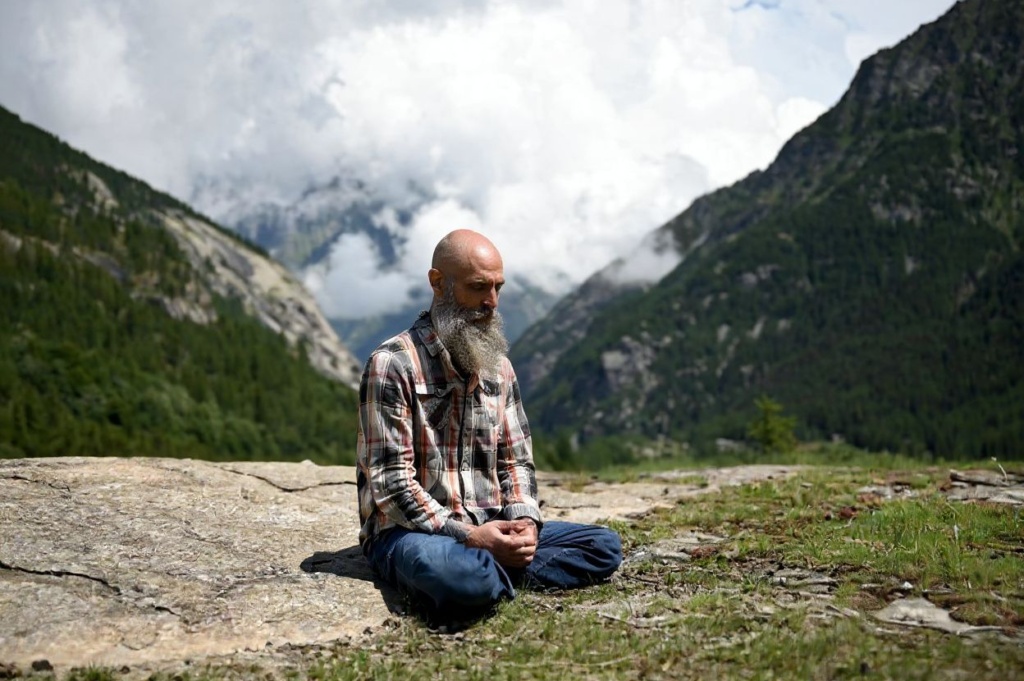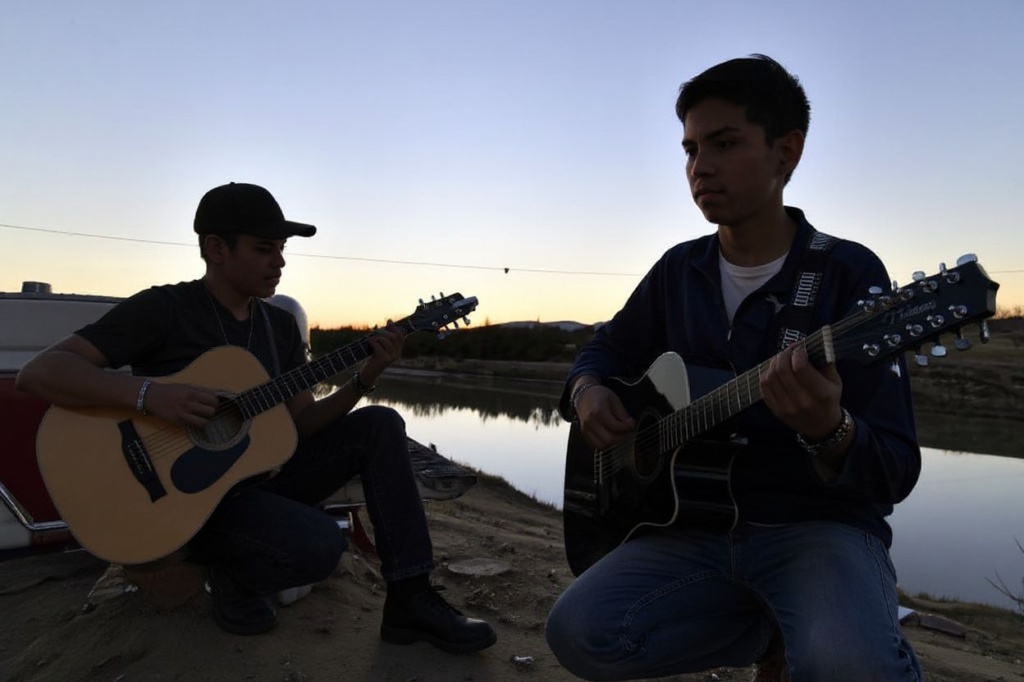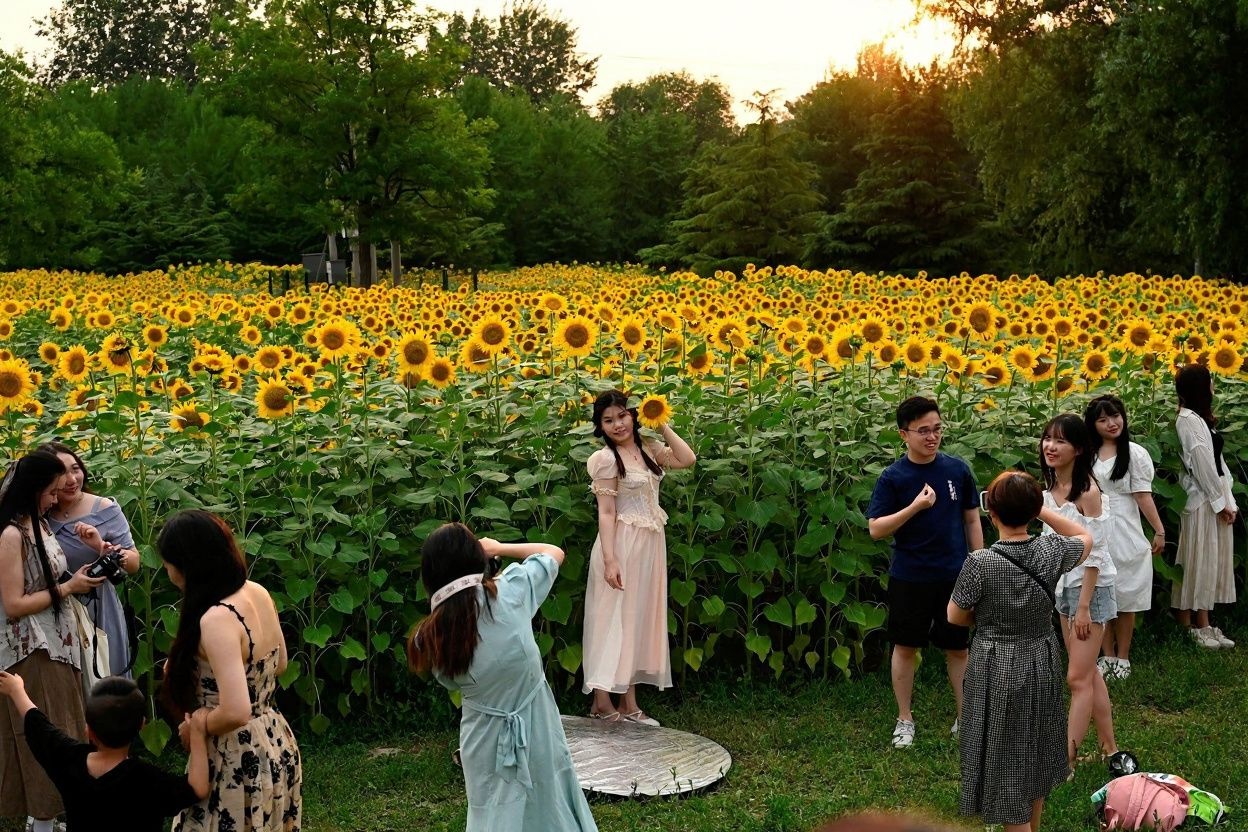
During the pandemic lockdowns, it is safe to say most of us googled “things to do when you are bored” at least once.
It was certainly a monotonous yet reflective time in our lives.
For students and working folks alike, when you are used to constantly grinding and fighting for what you want, slowing down and doing nothing feels like an impossible task.
It also feels like a colossal waste of time. Though it might feel this way, is it actually a waste?
In the 1800s, Danish philosopher Soren Kierkegaard claimed that boredom is the root of all evil. Trust Kierkegaard to be so dramatic.
He also adds that only a certain class or rank of person has the luxury to get bored — “Those who bore others are the plebeians; . . . those who bore themselves are the chosen ones, the nobility.”
Is he subtly saying that nobility is the root of all evil? — I digress.
For German philosopher Friedrich Nietzsche, boredom is seen as positive.
Boredom, to this philosopher, is a sign of vitality and intelligence. He says that “a person who blocks all boredom from his or her life also blocks access to his or her deepest self and the water that flows from its fountain.”
Thoughts about boredom have vexed philosophers over the millennia, but these are two extreme sides of the coin.
Some say that boredom is just a state of mind.
German philosopher and sociologist Theodor Adorno certainly thought so.
The leading member of the Frankfurt School of Critical Theory says that “boredom is a function of life which is lived under the compulsion to work and under the strict division of labour.”
If it’s all in your head, are there things to do when you are bored?
 Things to do when you are bored: find peace.
Things to do when you are bored: find peace.
Why do you look for things to do when you are bored?
There is an entire Healthline page dedicated to boredom, which starts with the reasons why we’re on that page in the first place:
- Lack of or bad rest or nutrition
- lack of mental stimulation
- lack of choice or control over your daily activities
- lack of diversified recreational interests
- poor perception of time
However, it goes into deeper depths on how to prevent boredom only when it comes to children.
Are adults too busy to get bored? During the pandemic, we certainly did get bored.
But we are always trying to escape, not embrace it.
Authors behind “Out of My Skull: The Psychology of Boredom”, psychologists James Danckert and John D Eastwood, reveal that boredom is misunderstood and can be quite positive for us.
“I think that’s a good thing, in a lot of ways,” he writes. “How we respond to it is up to us. I think you can minimise it. But do you want to totally eliminate it? I don’t think you do.”
According to neuroscientist Alicia Walf, a researcher in the Department of Cognitive Science at Rensselaer Polytechnic Institute, boredom can improve social connections in your brain.
Allowing your brain to get bored actually helps foster creative ideas. As we are used to constant movement, boredom gives our brains a chance to catch up and rest.
Monotony can birth great ideas — some famous writers have reported coming up with their most brilliant ideas when doing mundane things like moving furniture and showering.
But for many of us, we hate being bored and making ourselves bored seem impossible.
Like anything worth doing, it is hard but with a little knowledge and practice, you can do it.
The art of doing nothing
There is a sense of peace in doing nothing, especially when you are able to see that doing nothing is different from wasting time.
Italians have a phrase for it: “il dolce far niente”— the sweetness of doing nothing. It is about prioritising rest.
The art of doing nothing can be difficult, but here are some tips:
- Start small: Try doing nothing for 10 minutes; eventually, an hour won’t feel so bad.
- Meditation techniques: These tools, from deep breathing to yoga, can help you centre your mind.
- Create a relaxing space to do nothing: A comfy sofa, a soft blanket, and a warm cup of tea should do the trick.
- Take a bath: Sitting in a bath without a TV, your phone or a book is essentially doing nothing.
- Go to nature: Doing nothing is much more calming when sitting in a lush forest or facing the ocean waves.
- Concentrate on art: This is a gateway into doing nothing. Don’t document the art or even think too deeply about it. Just focus your sight.
Now that you’ve got your dose of peace and calm, it’ll be exciting to put that refreshed mind and body to action.
Below are the best things to do when you are bored to get you excited about life again:
 At university, there are many things to do when you are bored. The best ones xater to all interests ans backgrounds.
At university, there are many things to do when you are bored. The best ones xater to all interests ans backgrounds.
10 things to do when you’re bored to get you excited about life again
1. Explore campus or your office
Take your time to wander through the hidden spots around campus, exploring the spaces in between.
You might stumble upon scenic gardens, historic buildings, or even a cosy study spot — perfect for introverts looking for a tranquil location.
Not in uni anymore? Take a tour of your office building and surroundings — you might just discover something new.
Understanding the layout of the place you frequent daily not only helps you to find your way, but also gives you a sense of belonging in your new environment.
While you’re at it, don’t be afraid to get lost; every corner could hold a new adventure or a beautiful view — just don’t wander too far and always prioritise your safety!
 Clubs bring you closer to your communoty.
Clubs bring you closer to your communoty.
2. Join clubs and societies
Most unis have an active Student Union. Think of them as a hub of diverse interests, with clubs and societies for whatever passion drives you.
Whether it’s debating, drama, sports, or art, joining a club connects you with like-minded individuals.
Already graduated? Check out Facebook or google clubs in your area
These groups foster friendships, create unforgettable experiences, and often host events that enrich your student life.
Being part of a club gives you an identity within the community and teaches valuable teamwork and leadership skills. Some clubs even have close links with industry partners — expanding ypur reach even more.
 Things to do when you are bored: join societies and attend events.
Things to do when you are bored: join societies and attend events.
3. Attend events
While clubs and societies do regularly host events, pay attention to the stuff that’s happening at uni. There’s usually something going on, whether that’s an academic guest lecture or a cultural festival.
These events are excellent opportunities to expand your knowledge and network with professionals and peers.
Guest lectures can provide unique insights into your field, while cultural events celebrate diversity and unity.
Workshops also offer hands-on experiences, making learning interactive and enjoyable.
Beyond campus, a unique event could occur within the city. Students studying in Northern Ireland get to experience the iconic Saint Patrick’s Day, where the town comes alive as people commemorate Saint Patrick and the arrival of Christianity in Ireland.
4. Go the gym
After a long day of classes, nothing beats the feeling of a good workout.
After all, regular exercise is essential for your physical and mental well-being. There’s no shortage of research or studies to prove the scientific benefits of exercising.
Most campuses have gyms, fitness classes, or sports facilities that you can access.
Apart from the obvious benefits, there’s also a chance that your exercise routine can turn into a fun social event — allowing you to meet new people who share your fitness goals.
 Things to do when you are bored: Perhaps pick up a book.
Things to do when you are bored: Perhaps pick up a book.
5. Read at the library
Libraries are treasure troves of knowledge and tranquillity.
Spending time in the library allows you to explore academic texts, immerse yourself in fictional worlds, or even pursue research.
It’s a sanctuary where you can focus, enhance your learning, and delve into subjects beyond your coursework.
What’s more, libraries often host book clubs, author talks, and study groups, providing opportunities for engaging discussions and intellectual growth.
 Volunteer for a cause close to your heart.
Volunteer for a cause close to your heart.
6. Volunteer
American author Elizabeth Andrew once wrote, “Volunteers do not necessarily have the time; they just have the heart.”
Look out for such opportunities and you’ll be surprised to discover how volunteering can give you a sense of purpose and allow you to make a positive impact on others.
Many cities have volunteer programmes collaborating with local charities or environmental initiatives.
From tutoring to participating in environmental clean-ups, volunteering fosters empathy, teamwork, and leadership skills, making you a well-rounded individual ready to contribute meaningfully to society.
 Two Mexican boys play guitars along the bank of Rio Bravo, the natural border between US/Mexico , in Ojinaga.
Two Mexican boys play guitars along the bank of Rio Bravo, the natural border between US/Mexico , in Ojinaga.
7. Learn something new
Going to uni is more than just getting a degree; it’s about exploring your passion, interests, and hobbies.
The best part about being a student is the endless opportunities to learn something new.
Try enrolling in workshops or courses that pique your curiosity, learn a musical instrument, acquire coding skills, or even master a new language.
These extracurricular pursuits enhance your creativity, problem-solving abilities, and self-confidence. They also provide a welcome break from your routine, keeping your mind fresh and inspired.
Even if you are not a student anymore, there are many classes to join. If they are too pricey, reach out to friends, colleagues or neighbours to teach you what they’re good at instead.
 The art of boredom is not easy to master, especially if you are always on social media.
The art of boredom is not easy to master, especially if you are always on social media.
8. Attend a sports event
Sporting events are the epitome of school or ciyy spirit and camaraderie.
Cheering for your teams creates a sense of belonging and pride.
Whether it’s football, basketball, or other sports, attending matches fosters a sense of community. The electric atmosphere, enthusiastic cheers, and the thrill of competition create memorable experiences.
It’s an opportunity to unwind, socialise, and celebrate the achievements of your fellow students, reinforcing the bonds within your new community.
 People sit on a terrace-cafe in front of La Concha bay at sunset on December 17, 2022 in the Spanish Basque city of San Sebastian.
People sit on a terrace-cafe in front of La Concha bay at sunset on December 17, 2022 in the Spanish Basque city of San Sebastian.
9. Cafe hopping
Who doesn’t like exploring cafes in their new neighbourhood when studying abroad?
Exploring local cafes around campus is not just about sipping coffee; it’s a social and cultural experience. Each cafe brings about its own ambience, specialties, and regular patrons.
It’s an opportunity to meet friends, have deep conversations, or simply enjoy a good book. Observing people and immersing yourself in the café’s unique atmosphere can also be both relaxing and inspiring.
Regardless of whether you’re studying, chatting, or simply enjoying your favourite brew, cafe hopping adds a buzzy and flavorful (pun intended) dimension to your social life.
 People pose for photos at a sunflower field in a park in Beijing on July 2, 2023.
People pose for photos at a sunflower field in a park in Beijing on July 2, 2023.
10. Nature retreat
If you’re living somewhere close to nature, get to the outdoors.
Visit a nearby park, lake, or forest.
Nature retreats are often a breath of fresh air (literally), allowing you to recharge amid greenery and natural beauty.
The tranquillity of nature not only reduces stress but also enhances your focus and creativity. It’s a reminder of the wonders outside your textbooks, grounding you and providing a holistic perspective on life.










